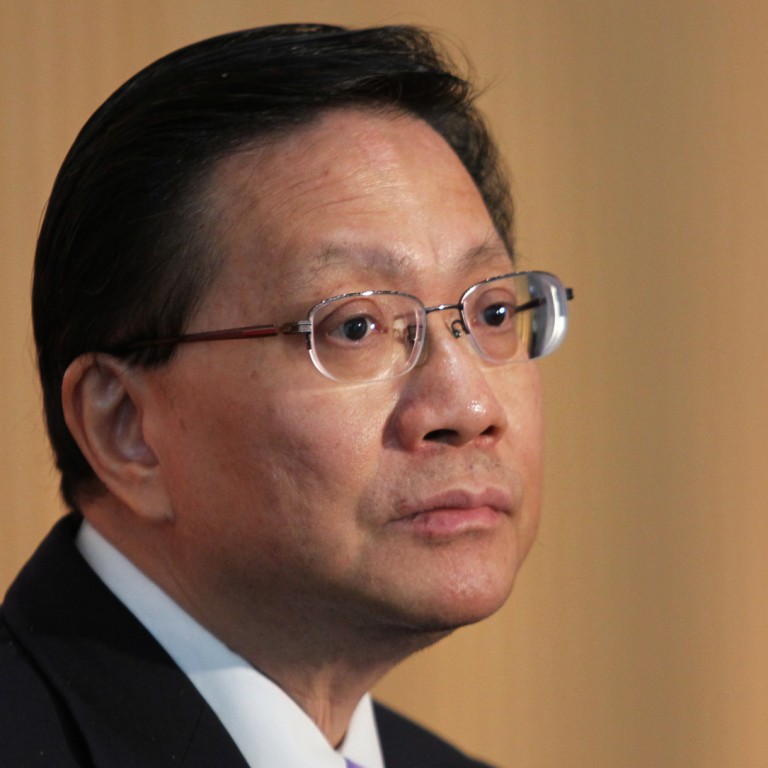
Panel suggests prefabricated housing for families in subdivided flats
Panel suggests temporary solution for those in subdivided flats
Advisers have suggested building temporary housing on vacant sites for families living in subdivided flats.
This is among recommendations released yesterday by the Long-term Housing Strategy Committee, which also cautioned against rent controls and subsidies for people awaiting public housing.
The committee gave no details about the transitional homes or how they would differ from the temporary housing areas widely used until the 1990s.
But one member said earlier they could be two to three storeys high and built of prefabricated materials.
The idea was rejected by a housing activist and a government source said it was unlikely to go ahead.
Lee Tai-shing, of the Concern for Grassroots Livelihood Alliance, said the committee was trying to evade the most pressing housing issues.
"The real solution should be to rehouse these people in subdivided flats in public housing," he said, "It is not helpful to put them in another inadequate shelter."
The government source said: "We would rather build public flats if we can identify sites but the logistics industry has strong demand for those sites, too."
In its report on the public response to housing suggestions put up for discussion in September, the committee warned of the negative effects of rent controls or housing subsidies, despite repeated calls from low-income families for such help.
"Controlling rents could discourage landlords from letting their flats and thus decrease the supply of flats," Secretary for Transport and Housing Anthony Cheung Bing-leung said as he released the report.
Cheung, chairman of the committee, said giving rent subsidies to those queuing for a public flat was also "undesirable" as it would probably drive rents up, "thereby partially offsetting the benefits to the tenants".
According to the report, people did not support the licencing of subdivided flats deemed relatively safe. It was seen as giving flat owners an amnesty from the building code and they would probably pass on the cost of any required repairs to their tenants.
The committee also supported the suggestion of building 470,000 flats in the next decade - 60 per cent of them public rental and subsidised flats - that was adopted by the chief executive in his policy address last month.
Other proposals include regularly reviewing the eligibility of public flat applicants - of whom there were 243,000 at the end of last year - shortening the public housing queue for single people over 35 and selling up to 30 per cent of subsidised flats to singles.
Unionist legislator Leung Yiu-chung, an advocate of rent control, expressed disappointment and questioned the impartiality of the committee, which is chaired by the housing minister.
"It is not clear what role the committee plays. Is it reflecting the government's views? If so, why bother to set up the committee?" he asked.
Legislative Council housing panel chairman Wong Kwok-hing said the proportion of public flats in the 10-year target should be increased from 60 per cent to 70 per cent.


